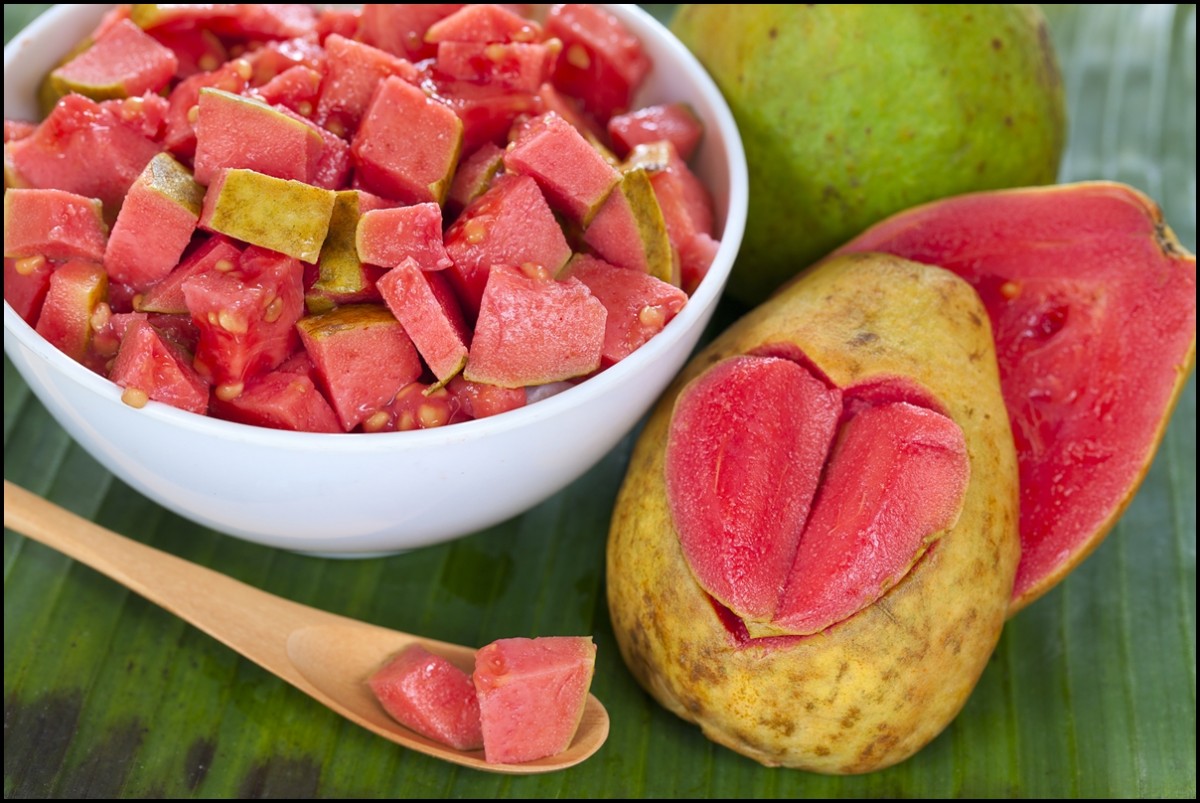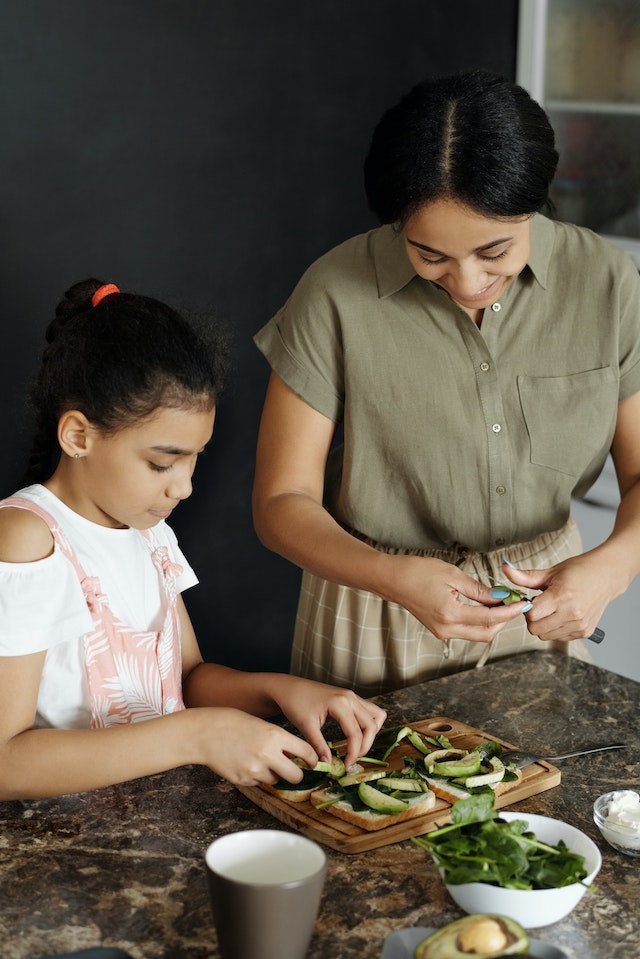Children are naturally drawn to sugary snacks and beverages. While an occasional treat is usually harmless, a consistent diet high in sugar can lead to health issues like obesity, dental problems, and increased risk of chronic diseases. Creating healthy habits around food choices is vital for children’s long-term health and well-being. Here are ten effective methods to minimize sugary snacks and beverages in your child’s diet, setting them up for a lifetime of healthy eating.
1. Educate About Nutrition
Understanding the impact of sugar on the body can help children make informed choices. Educate them about the importance of balanced nutrition, including whole grains, fruits, vegetables, and proteins. Explain how excessive sugar can harm their health in simple terms that they can understand. Using visuals or interactive apps can make this learning experience more engaging and fun.

2. Be a Role Model
Children often mimic their parents’ behavior. Show them healthy eating habits by incorporating balanced meals into your diet and minimizing sugary snacks and drinks. Let them see that you value nutritious food and make conscious choices about what you consume. Your actions can be more persuasive than words.
3. Involve Children in Meal Planning
Getting children involved in meal planning and cooking can foster a sense of ownership over their food choices. Let them choose healthy ingredients, assist with preparation, and create meals together. This hands-on approach promotes curiosity and appreciation for wholesome, homemade food.

4. Provide Healthy Alternatives
Offering tasty, healthy alternatives to sugary snacks can satisfy cravings without the unnecessary sugar content. Provide options like fruit, yogurt, nuts, or whole-grain crackers. Experiment with homemade smoothies using fresh fruit instead of sugary juices. Creative and colorful presentations can make these alternatives more appealing.
5. Set Clear Boundaries
Establishing clear rules and boundaries around sugary snacks and beverages is essential. Define when and in what quantities these treats are allowed. Consistency is key, so ensure that all caregivers are on the same page with these rules.

6. Reward Without Sugar
Avoid using sugary treats as rewards or incentives. Instead, praise good behavior or achievements with non-food rewards such as stickers, extra playtime, or a special outing. This approach helps disconnect positive reinforcement from sugary indulgence.
7. Read Labels Together
Teach children to read and understand food labels. Make it a game to find products with the least amount of added sugar. This activity not only educates them but also helps them feel involved in making healthy choices.

8. Monitor Beverage Intake
Sugary drinks like sodas and fruit juices can quickly add up in sugar content. Encourage drinking water, milk, or herbal teas. You can make water more appealing by adding slices of cucumber, lemon, or berries for natural flavoring.
9. Create a Healthy Environment
Stocking your pantry and fridge with nutritious options and limiting sugary products creates a healthy food environment. Make healthy snacks easily accessible, and place them at eye level so children are more likely to reach for them.

10. Communicate with Other Caregivers
Ensure that grandparents, babysitters, and teachers are aware of your child’s dietary preferences and rules. Communication across all caregivers helps maintain consistency and reinforces the importance of minimizing sugary snacks and beverages.
In Conclusion
Instilling healthy eating habits in children requires patience, consistency, and creativity. These ten methods offer practical ways to minimize sugary snacks and beverages, emphasizing education, involvement, healthy alternatives, and clear communication. You are laying the foundation for a lifetime of healthy habits by fostering an understanding and appreciation for wholesome food choices. It’s a gradual process that may face resistance initially, but with persistence and positive reinforcement, you can guide your children towards a balanced and nutritious lifestyle.







